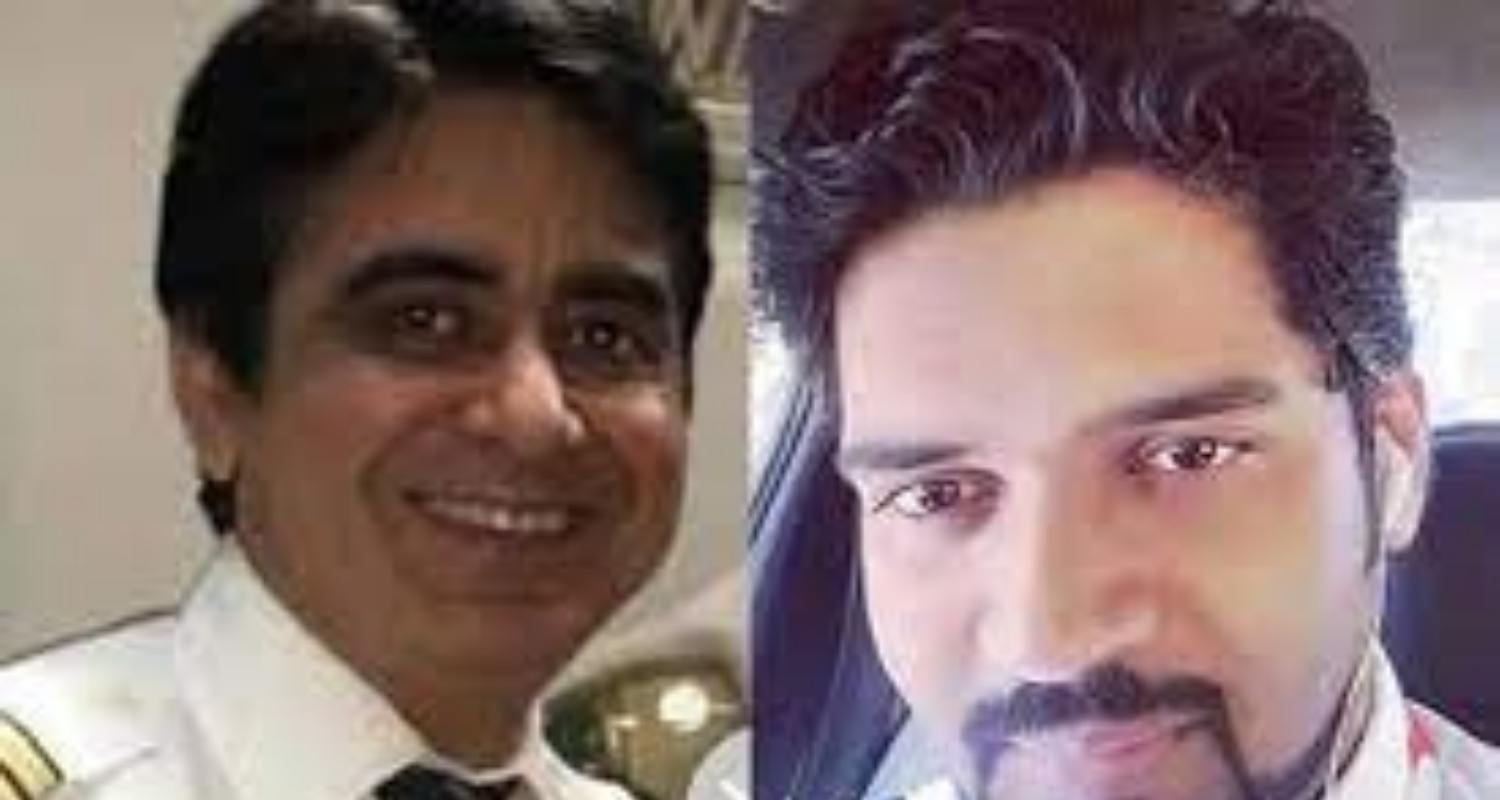The Federation of Indian Pilots (FIP) submitted a formal letter to the Ministry of Civil Aviation, urging the establishment of a Court of Inquiry (Judicial Probe) to investigate the handling of the fatal crash of Air India Flight AI 171, which occurred on June 12.
The letter, dated September 22 and addressed to the Civil Aviation Minister, accused the Aircraft Accident Investigation Bureau (AAIB) of compromising the integrity, impartiality, and legality of the ongoing investigation into the tragedy.
The FIP alleged that the AAIB’s conduct had “moved beyond mere procedural irregularity into the realm of manifest bias and unlawful action. This has rendered the current investigation untenable, and its potential findings are likely to affect the morale of the pilots.”

The pilots’ body raised serious concerns about the AAIB’s approach, particularly an incident on August 30, when AAIB officials visited the residence of Capt. Sabharwal’s 91-year-old father under what the FIP described as the “disingenuous ‘pretext of offering condolences’.”
The FIP claimed that during this visit, the officials made damaging “insinuations” based on a “selective CVR interpretation and a so-called ‘layered voice analysis’, suggesting that Capt. Sabharwal had deliberately moved the fuel control switches to the CUTOFF position post-takeoff. " The federation condemned this action as “procedurally improper and professionally indefensible”, accusing the AAIB of prematurely pushing a “pilot error” narrative without substantiated evidence.
Further, the FIP charged the AAIB with a “flagrant violation” of the Aircraft (Investigation of Accidents and Incidents) Rules, 2017, specifically Rule 17(5), which prohibits the public disclosure of cockpit voice recorder (CVR) audio content.
Also Read: Air India crash: UK families await clarity on repatriated remains
The letter stated, “Despite this clear legal restriction, selective details and interpretations of the CVR have been systematically leaked to the media.” These leaks, according to the FIP, have led to the “character assassination of a decorated professional” with a 30-year flying career and over 15,000 hours of safe flying.
The FIP emphasised that the AAIB’s actions contravene the core objective of accident investigations as outlined in Rule 3 of the 2017 Rules, which states, “The sole objective of the investigation shall be prevention of accidents and incidents and not to apportion blame or liability.”
The federation argued that the AAIB’s conduct not only violates domestic regulations but also undermines the principles of the International Civil Aviation Organization (ICAO) Annex 13, which mandates independent and impartial investigations. The letter warned that “a flawed domestic probe compromises India’s standing in the global aviation community”.
Also Read: Air India crash: SC seeks Centre, DGCA replies on probe
Calling for immediate action, the FIP asserted, “The FIP submits that the circumstances surrounding the AI 171 investigation make the constitution of a Court of Inquiry not merely ‘expedient’, but an absolute and urgent necessity.” The federation drew a comparison to the 2010 Air India Express Flight 812 crash in Mangalore, where a Court of Inquiry was established, noting that the AI 171 tragedy, with an even greater loss of life, “warrants no less decisive a response”.
The FIP demanded that the proposed Court of Inquiry be led by a retired Supreme Court judge and supported by independent experts in operations, aircraft maintenance, avionics, and human factors to ensure a thorough and unbiased investigation.
The letter concluded with a powerful statement of responsibility: “The Federation of Indian Pilots, and the entire professional pilot community it represents, has a solemn and non-negotiable duty to the victims of Flight AI 171, to their grieving families, and to the future safety of the travelling public.”
Also Read: SC condemns selective release of Air India crash report



